CrossCurrents Library
CrossCurrents is an electronic publication that offers articles on a wide range of topics related to teaching and learning in higher education. Through engaging content that encourages exploration and reflection on best practices, innovative pedagogies, and emerging trends in higher education, we try to help college teachers successfully navigate the challenges they face in today’s complex classroom.
Featured Collections
Topics
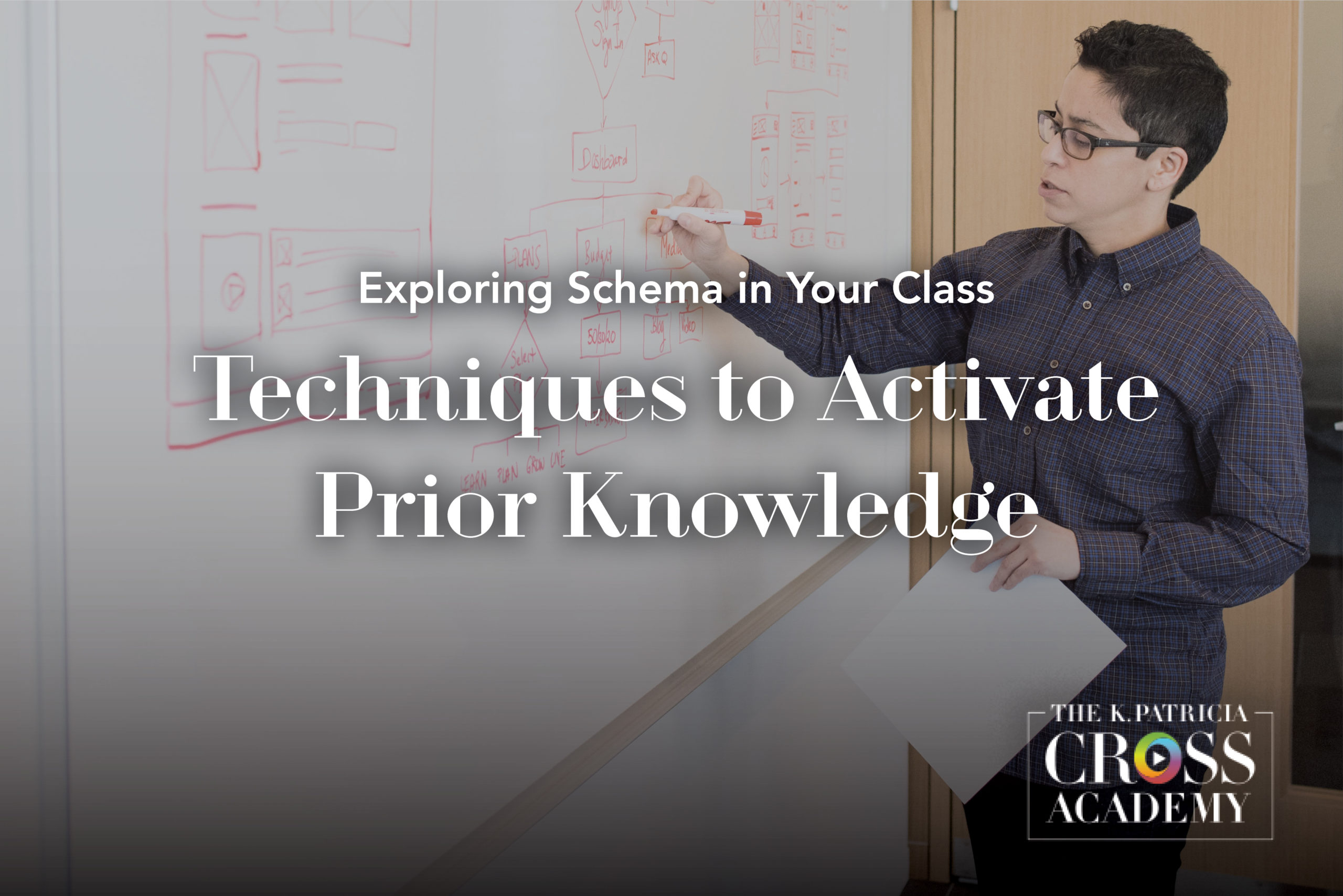
No student enters the classroom as a blank slate. Each has prior knowledge, also known as background knowledge, which informs their approaches to and understanding of new material and new experiences. Prior knowledge is the accumulation of everything a student has learned, through both formal and informal means. We can help students better understand new material by activating their prior
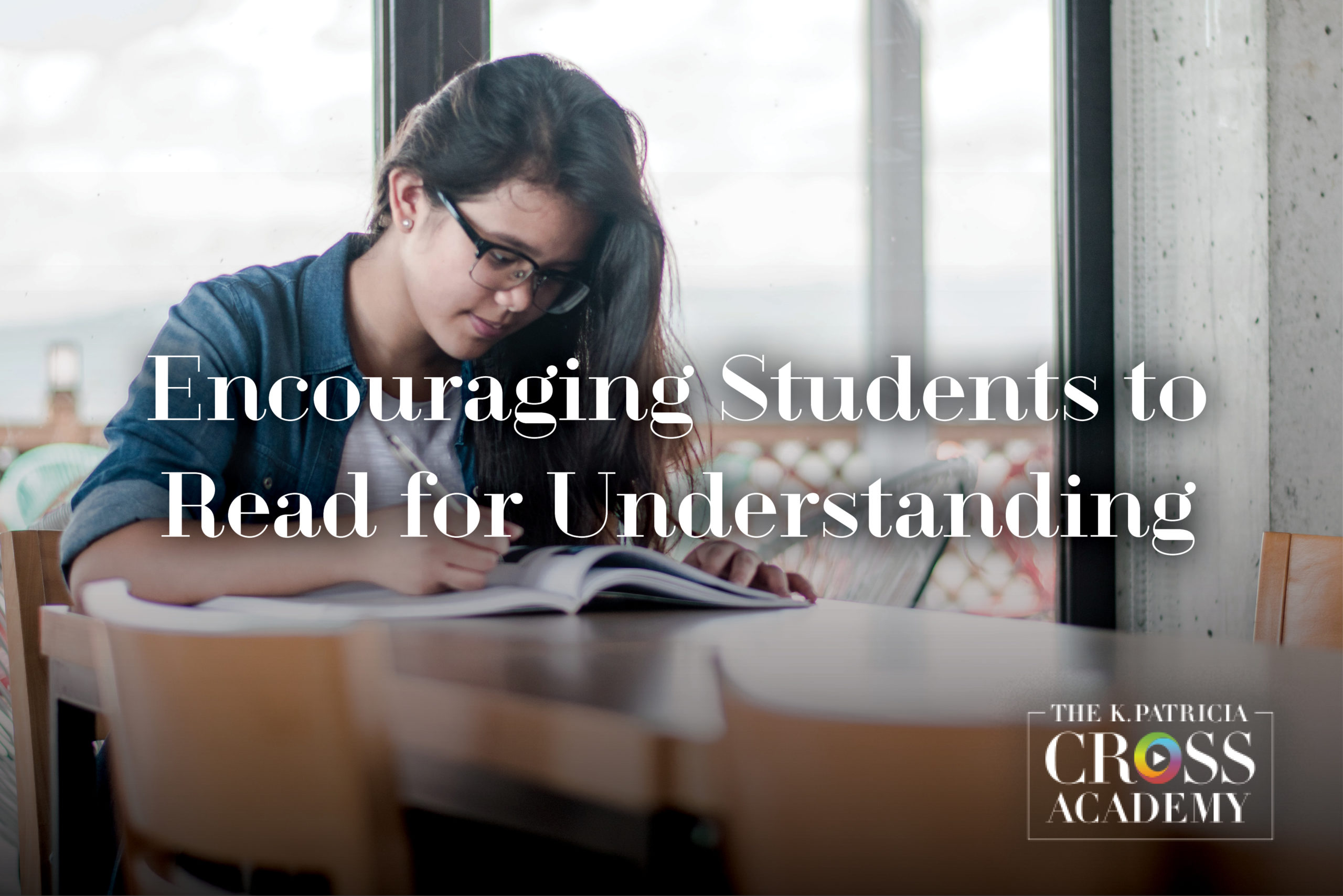
Reading is a fundamental skill that many of us take for granted, particularly in academia, yet it is essential to student success in and out of the classroom. However, as Thorndike wrote in 1917, reading can be as complex as solving a complex equation: Understanding a paragraph is like solving a problem in mathematics. It consists of selecting the right
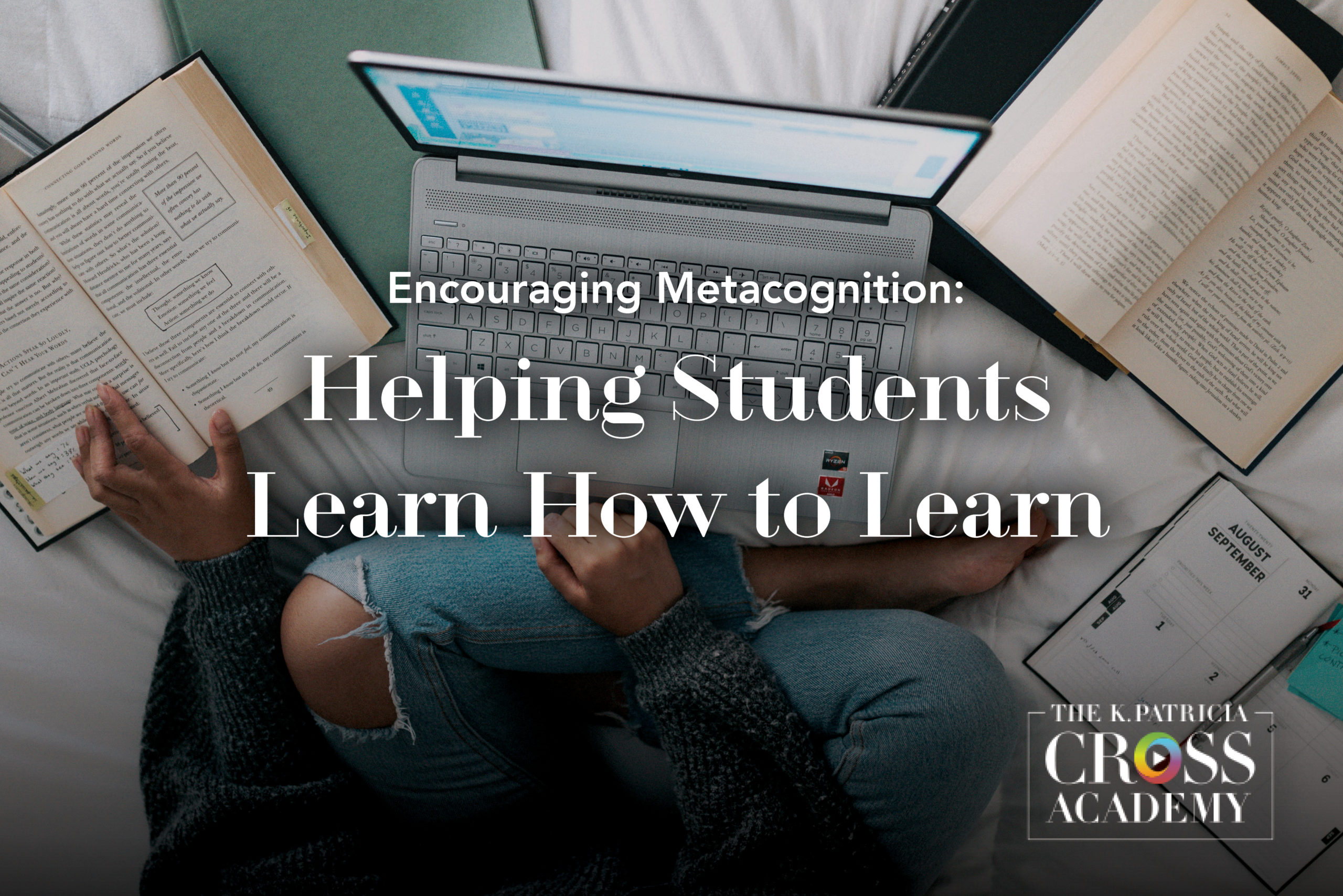
College and university students are regularly asked to learn a great deal of content and many skills in their courses, but the learning processes involved are rarely considered or managed on their own. For example, students can find it incredibly difficult to recognize learning gaps or misunderstandings when learning a new concept or process. They don’t always plan out their
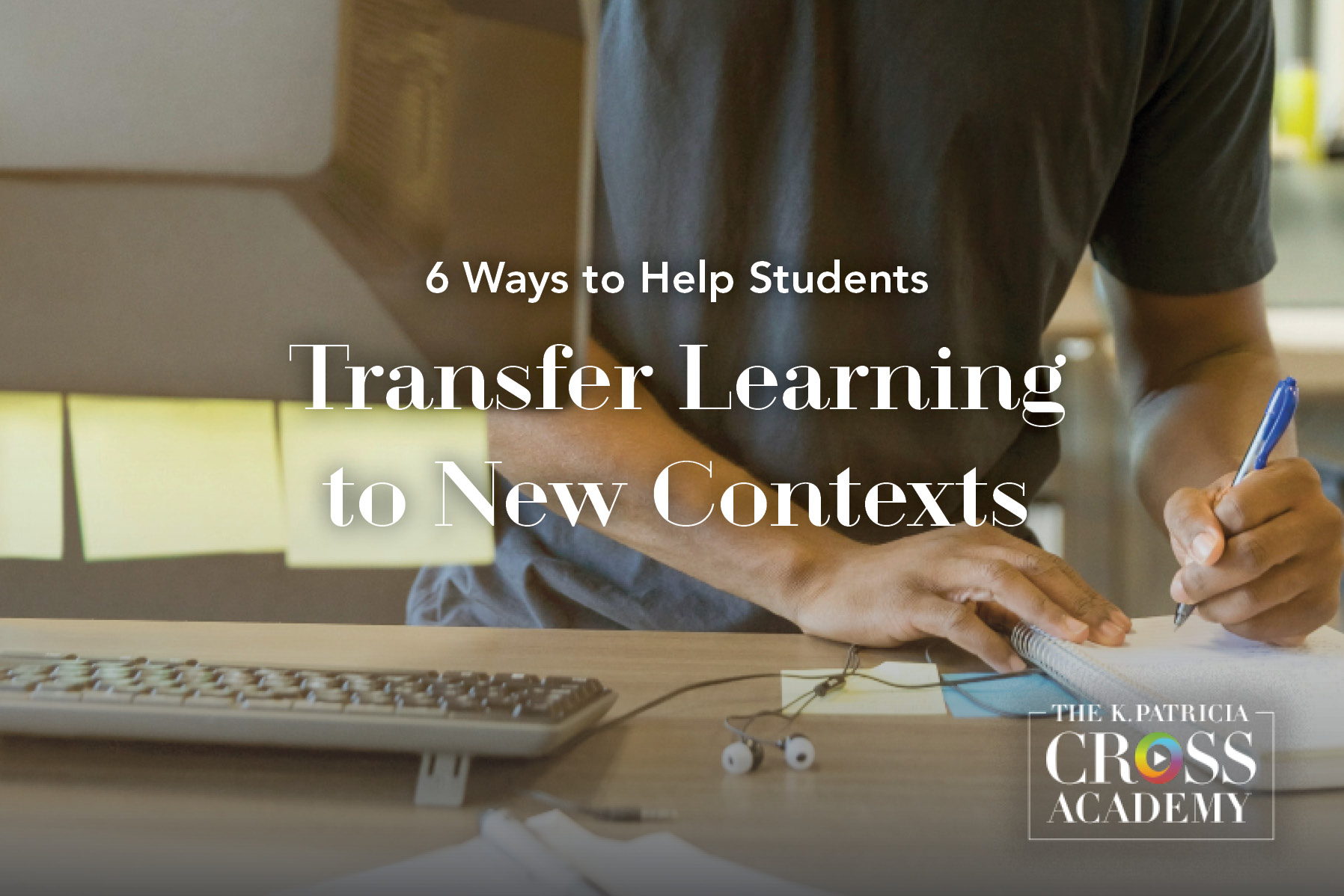
As college teachers, we want students to be able to take what they have learned and apply it in a different context. This phenomenon is called the Transfer of Learning, and it involves the application of skills, knowledge, and/or attitudes that were learned in one situation to another learning situation. Every student can benefit from learning in a way that

Much of the literature about teaching and learning stresses that teachers should articulate their learning goals as well as their objectives and outcomes. Learning goals allow you and your students to focus on what they are supposed to learn. When learning goals are explicit, they will guide students’ decisions on where to focus effort as well as to illuminate what
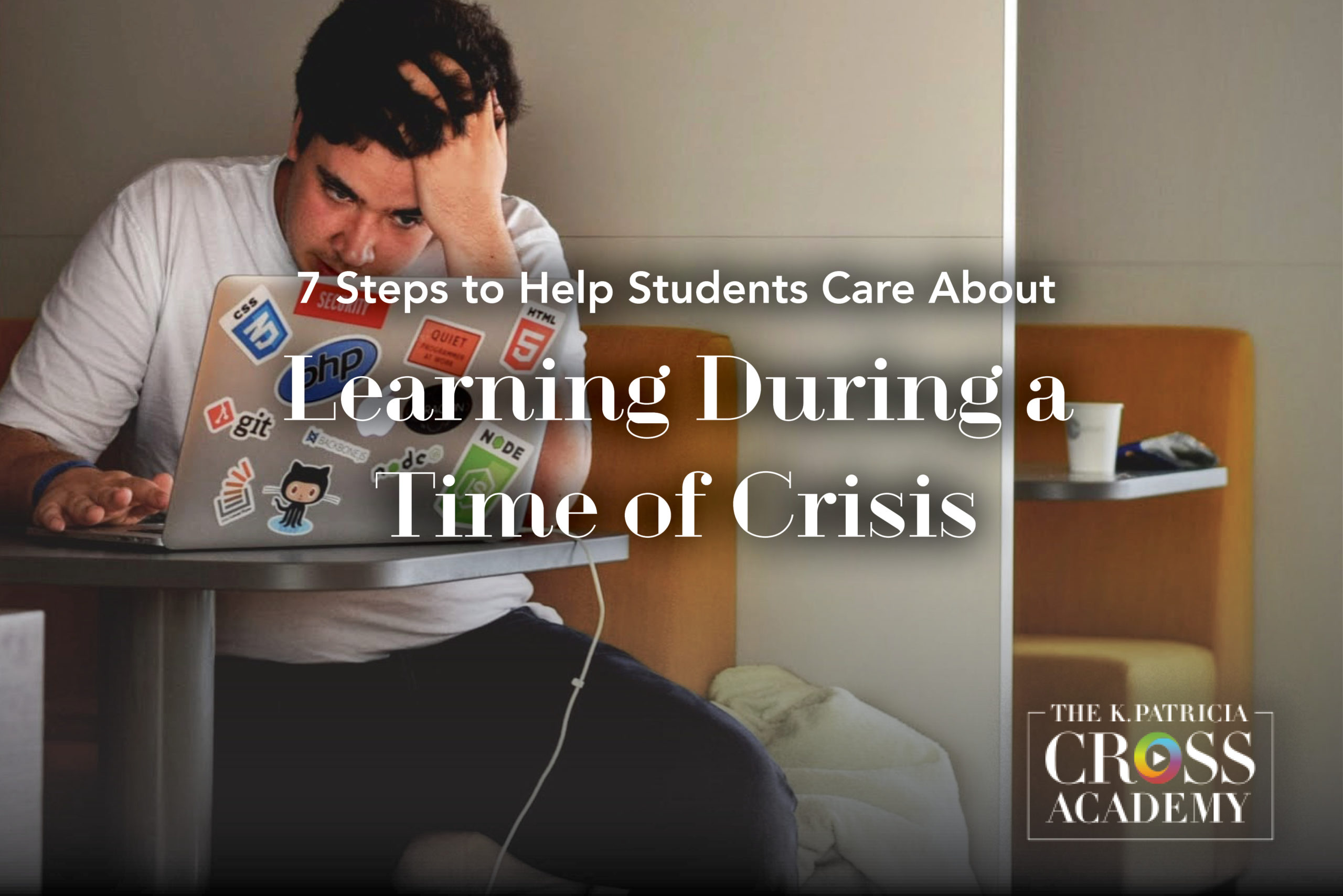
The COVID-19 pandemic and its surrounding political climate find us all in a time of crisis. Teachers and students alike are often caring for family members, friends, and themselves. It seems simple common sense that students who really care about what they are learning will invest the time and effort required to learn it well and remember it longer. So how do we help students focus their care on learning, during a crisis, during an age of significant distraction?
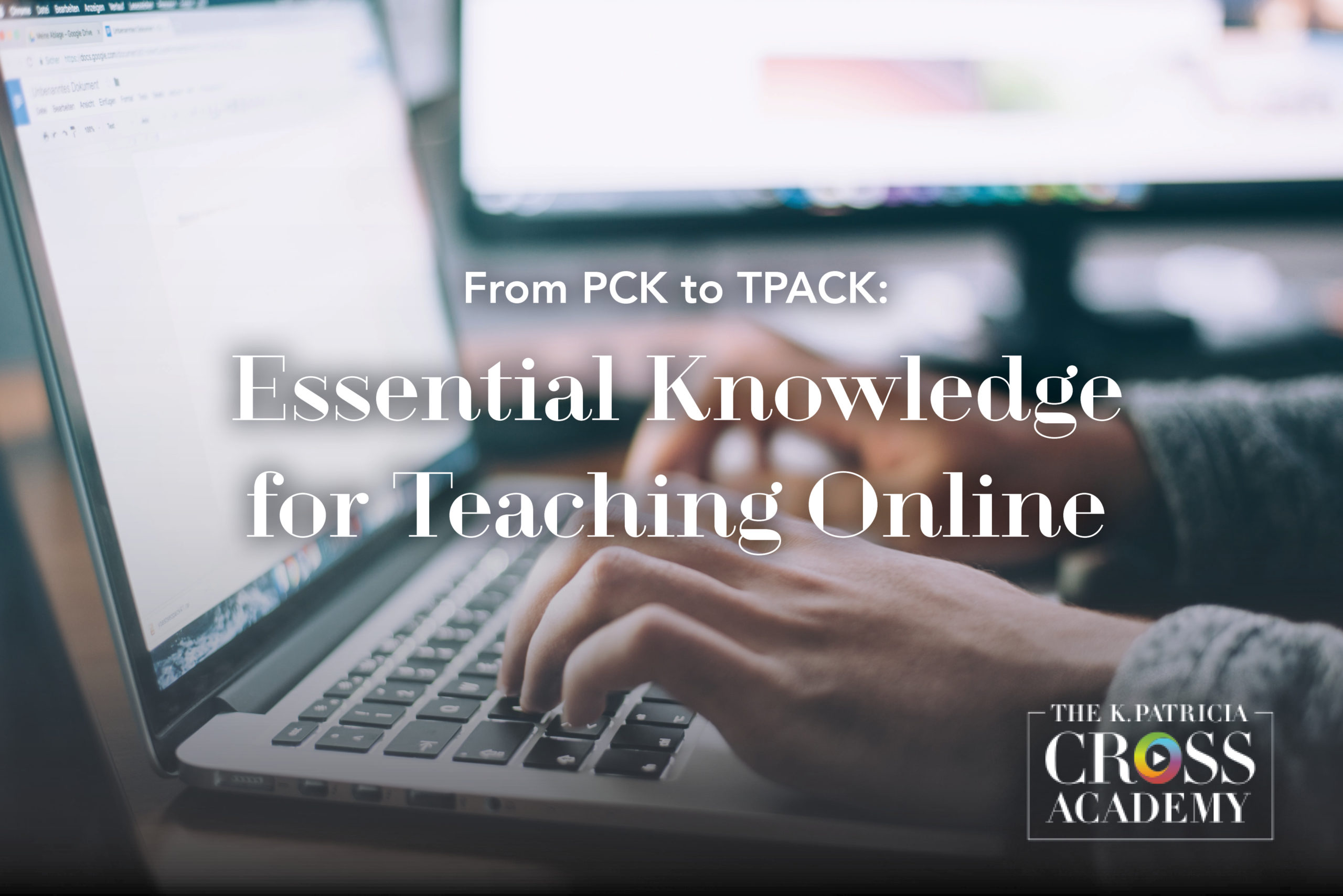
Few of us have had formal opportunities to learn about teaching online. As a result, we often lack a full understanding, or even a good practical sense, of the look, pacing, and feel of an online course. But to teach online well, we need such knowledge. Lee Shulman, educational psychologist and former president of the Carnegie Foundation for the Advancement
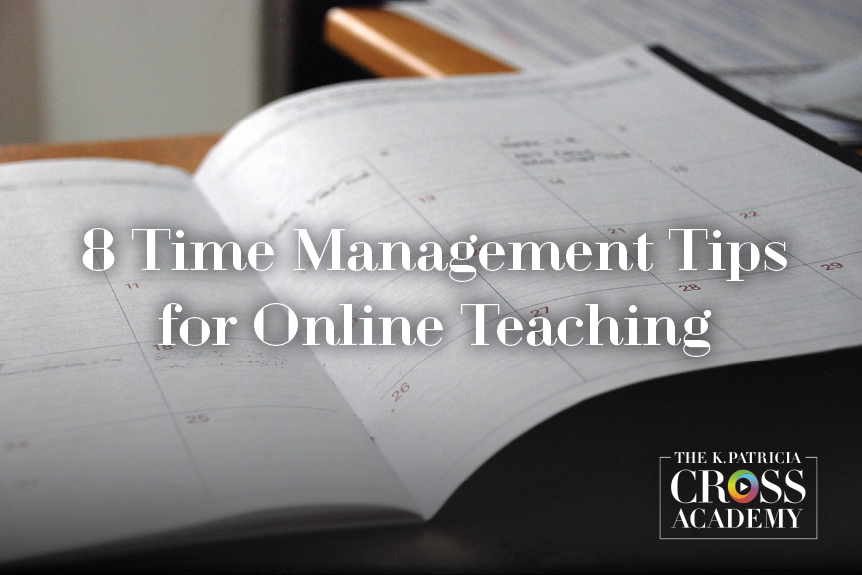
In higher education, we work within semesters, quarters, or terms that last a set number of weeks. Within a given term, we teach in chunks of time, with classes lasting 50 minutes, 3 hrs, 8 hrs, or other increments. But when we teach online, no longer does teaching have to occur synchronously at a fixed time and location. The online teaching environment requires reconsidering traditional notions of time
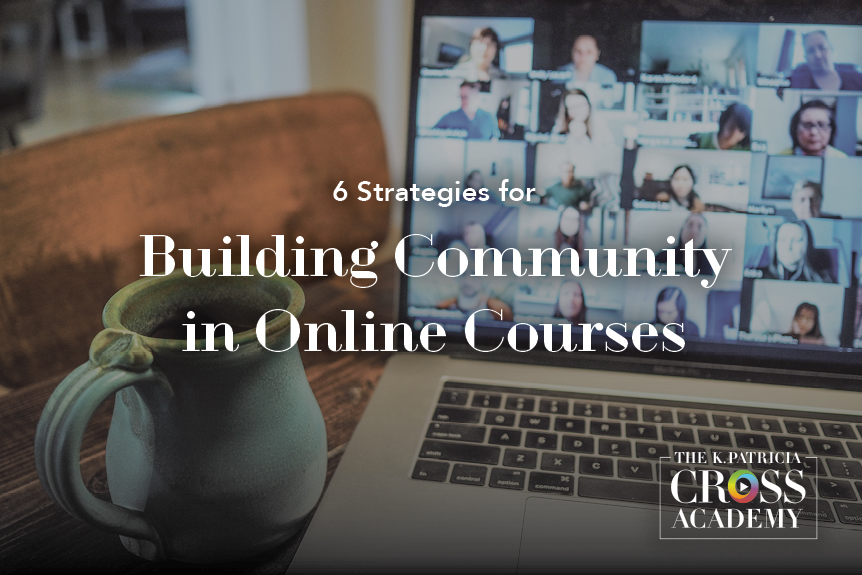
Sometimes, a group of students in a given class just seems to gel. They connect, work well together, and encourage and support each other. Sometimes a group of students does not gel. They barely interact, they don’t work together, and while they may not actively discourage each other, encouragement is not exactly forthcoming either. It can be difficult to determine what causes
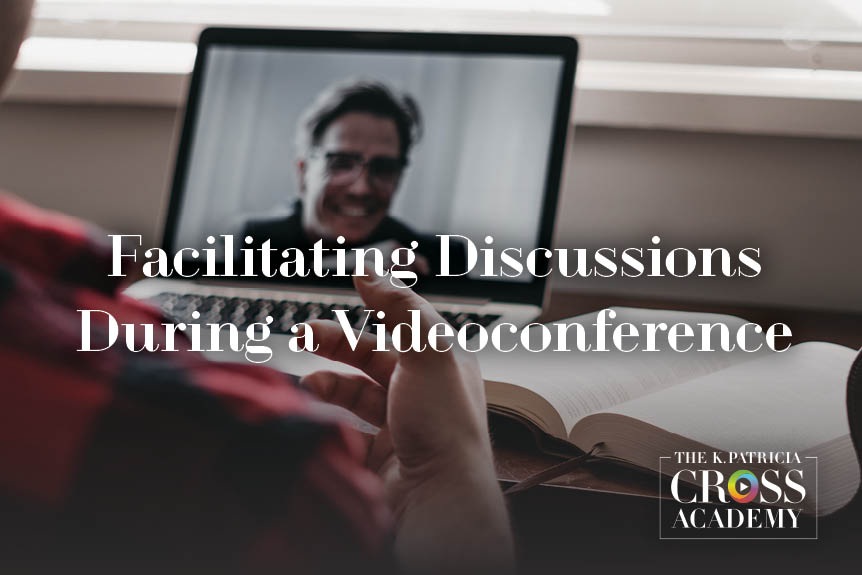
With many of us now teaching remotely, we are finding ways to retain strategies that worked well when teaching onsite. Discussion is one of the strategies that we regularly draw upon when teaching on campus. Thus, instructors who are using videoconferencing to facilitate our class sessions are trying to determine how to make synchronous class discussions work in this new
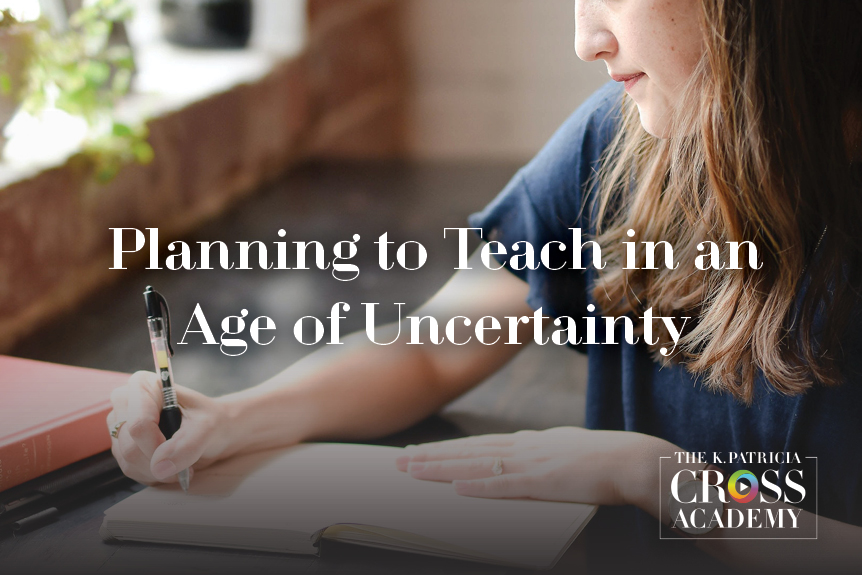
At the outset of the COVID-19 pandemic and the sudden, mandatory campus closures, college and university faculty had to quickly determine how best to offer instruction online. Video-conferencing apps like Zoom and Skype provided a lifeline, as many faculty turned to synchronous remote instruction to communicate with their geographically dispersed students. Some instructors, knowing that their students only had access

Many times, instructors feel like they “should” assign discussion board posts. They do so for a variety of reasons, including to simply receive the “regular and substantive interaction” between students and teachers required in virtual classrooms. Lively discussions are a hallmark of face-to-face courses. Likewise, for decades, discussion boards have been a staple of online courses. But doing discussions online and through a text-based medium offers its own set of challenges.